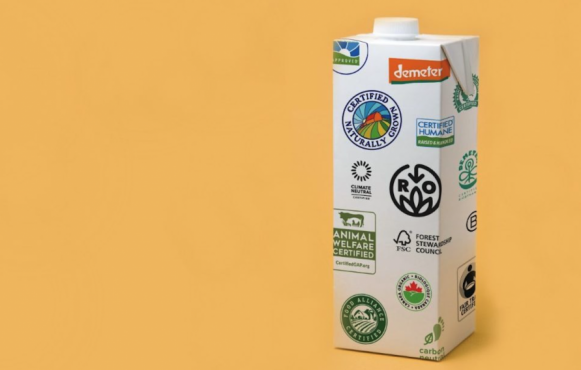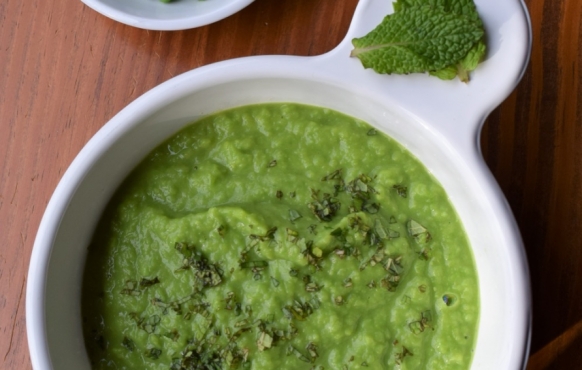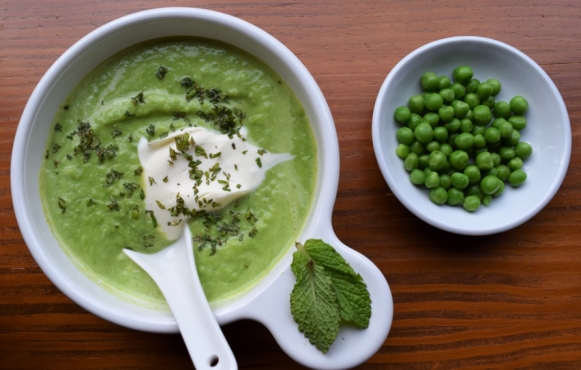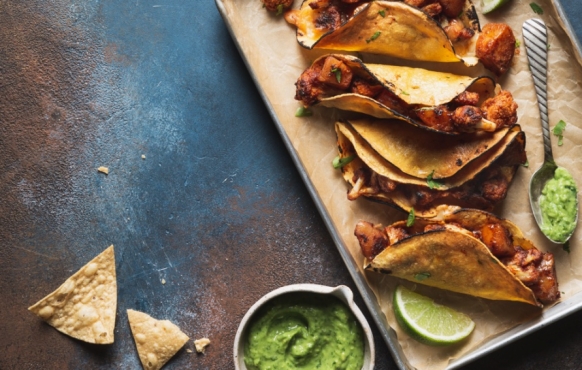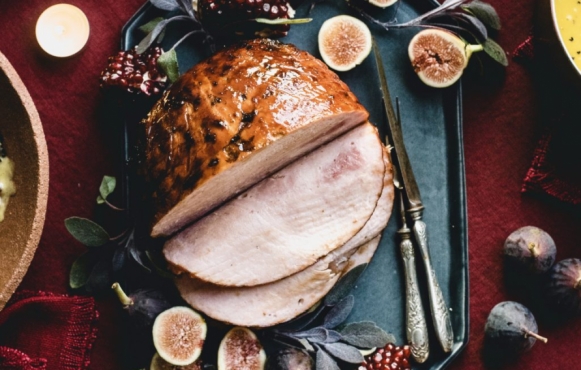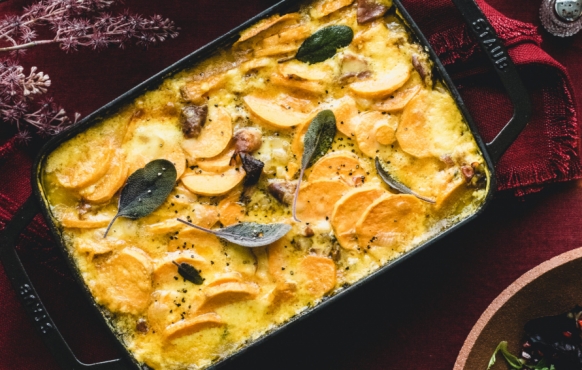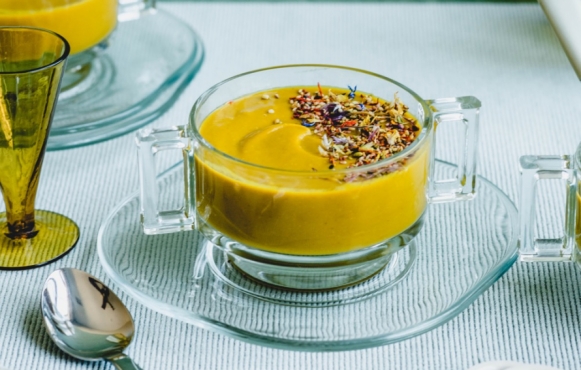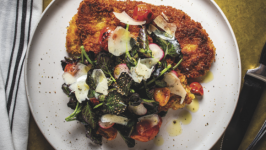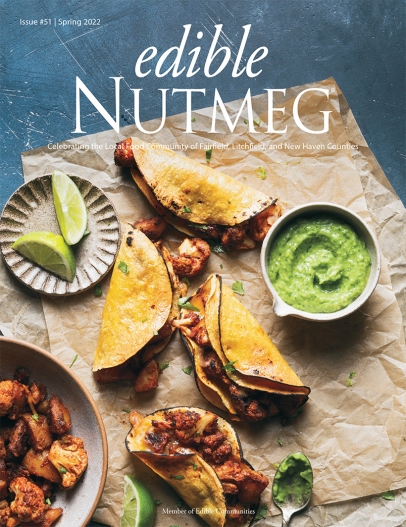
I recently had a conversation with a reader that stuck in my mind for weeks. She asked me what I thought we could do about single-use plastic containers in our food system and if I would consider running a story on a farmer or producer who refrains completely from using plastic. I was forced to start my reply to her with the admission that I couldn’t immediately think of any farmers who operated entirely free of plastic. I was stunned to have to say that.
For better or worse, ours is a capitalist society. As such, whatever sells best is what will be sold. In this case, that’s plastic, even if there are non-plastic alternatives. Oftentimes, plastic is just more convenient. Think, for instance, about salad greens. At your average grocery store, you probably have two choices: you can buy salad greens (be they lettuce, spinach, or a mix) in a single-use plastic “box,” or you can buy a head of lettuce or a bunch of spinach au naturel, held with a metal twist tie or a rubber band. The latter has its drawbacks. First, you’re just getting the one type of green vegetable, not a mix. There’s also probably dirt on the greens (since vegetables are grown in the earth), so you’re going to have to wash it. And you’re going to have to prepare it — you’ll need to cut off the base or the stems, and you’ll probably have to weed out some less savory or imperfect leaves from the bunch. You’ll also have to find a way to store it if you don’t use it all.
But if you buy it in the plastic box, none of that applies. All the offending, compostable parts are already gone, and it is very likely washed as clean as you’ll want it to be. Straight from plastic to plate, no additional work required. Best part? It probably is priced pretty similarly to the bunched head of lettuce that will take you longer to work with. And since you’re definitely going to recycle the plastic, everything will be fine.
Only it won’t be, because you aren’t going to recycle that box, despite your best intentions. Based on statistics going back into the early 1970s, the EPA estimates that less than 10% of all plastics have ever been recycled. Sure, that box has a little “recycle” symbol on it. It could be recycled, but the cost of doing so is high. So high that, after a brief stop at a recycling center to be re-sorted as trash, it will, instead, be buried in a landfill (or end up in the ocean) and be replaced by a brand-new plastic box. It’s simply more cost effective to just make a new one. In fact, outside of plastic water bottles and juice containers (which are moderately more cost effective, averaging closer to a still pitiful 30% recycled), almost none of the plastic that goes into the recycling bin actually will get recycled. However, rather than seeing this information splashed across screens, we are inundated with advertising campaigns designed to encourage buyers to keep recycling, in order to feel good about (and continue) their plastic consumption.
Recycling marketing campaigns by plastic manufacturers disguise a contradictory reality; it makes very little sense for them to really invest in recycling, because their business is creating plastic, not reusing it. I think it is fair to assume that plastic makers have no inherent economic motivation to reduce plastic production or consumption. But as the consumer, you have the power to provide them with one. It starts with refusing to buy things (like salad mix) that is sold in plastic containers. If it doesn’t sell, they won’t make it.
Yes, you’ll have to wash your lettuce. Yes, you’ll have to do some kitchen prep work. But this seems a small price to pay for the incredible capitalist power being leveraged — the power to vote with your dollar. Ballot voting is a hallmark of American society, but its effectiveness, at least in terms of environmentalism, is merely a shadow of the power of that vote that we cast every day, time and time again, with our wallets.
Dana Jackson, Editor & Publisher
Spring 2022 Digital Edition Flipbook





